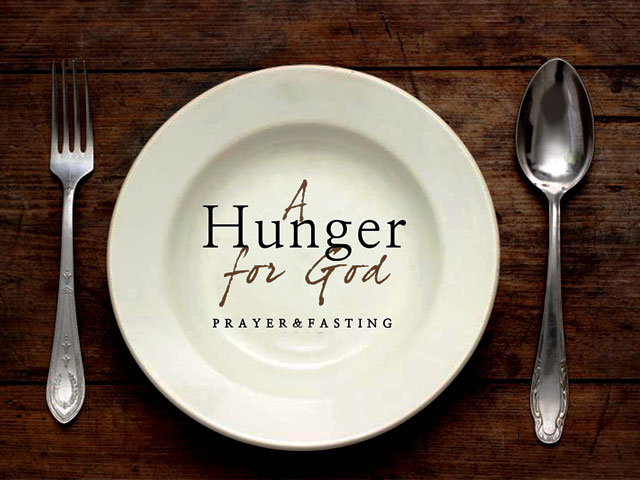I was celebrating Shivratri recently and as most Indian, I was taking a fast. Fasting is known as ‘Vart’ or ‘Upavaas in India and is an integral part of our culture. It holds religious as well as spiritual importance. But with time, even fasting has donned new dimensions.
Vrat or fasting means the willing abstinence from certain kinds of foods particularly flour, wheat, barley, cereals etc for varying period of time. My cousin sister too was on fast but for an entirely different reason. For her, as she calls it was a diet fast.
Being a tad overweight she kept the Shivratri fast to lose some of those pounds. Yes, she agreed, “I have a little selfish motive to keep the fast, but I am spiritual too, look I am praying and meditating”. I had a great laugh at this.

Image Credit: 5-2intermittentfastingdiet.com
But she isn’t alone. This is now a huge fad, a trend that promises a healthy lifestyle. It has now formed like juice fasts, water fasts, fruit fasts etc. In fact, you’ll find volumes of literature extolling benefits if fasts and kinds of fasts you can keep for your health.

Image Credit: tripleyourt.com
Each religion in India has different fast durations. Fast could be partial, for 24 hours or for prolonged periods stretching for weeks. For instance, Jains keep fast for weeks, Muslims keep fasts even for a month, the Ramadan month particularly. Similarly, Hindus keep vrat on various occasions like full moon day i.e. Purnima, Ekadasi, Karva Chauth, Shivratri etc.

Image Credit: secretsinhealth.com
But now the line between fasting and feasting is blurring. Ironically for some fasting time brings choicest treat of food they don’t ordinarily get. Even I enjoy fast more than ordinary days because mum is usually cooking something new.
But, as consultant nutritionist Esther Sathiaraj says, “The idea of fasting, across different faiths, is to bring in discipline and urge us to look beyond food.” Rightly so, who says we are fasting with plates overflowing with a variety of fasting foods. It is more than a hearty treat when we should be following abstinence.
There are phalharI chapatis, saboodana kichari, phalhari pakoras, aloo tikkis and so many other hearty foods. In fact, there’s a phalharI pizza, Dominos’ Navratri Pizza was a quite the talk of the town.
The reasons to take fast might be any, but more and more youngsters in India are practicing fasting these days. It is no surprise today. While you practice yoga or even exercise to attain good health, fasting holds great significance in India both religiously and scientifically.
Read Also: Is Organic Food Really Better Than Regular Food?














